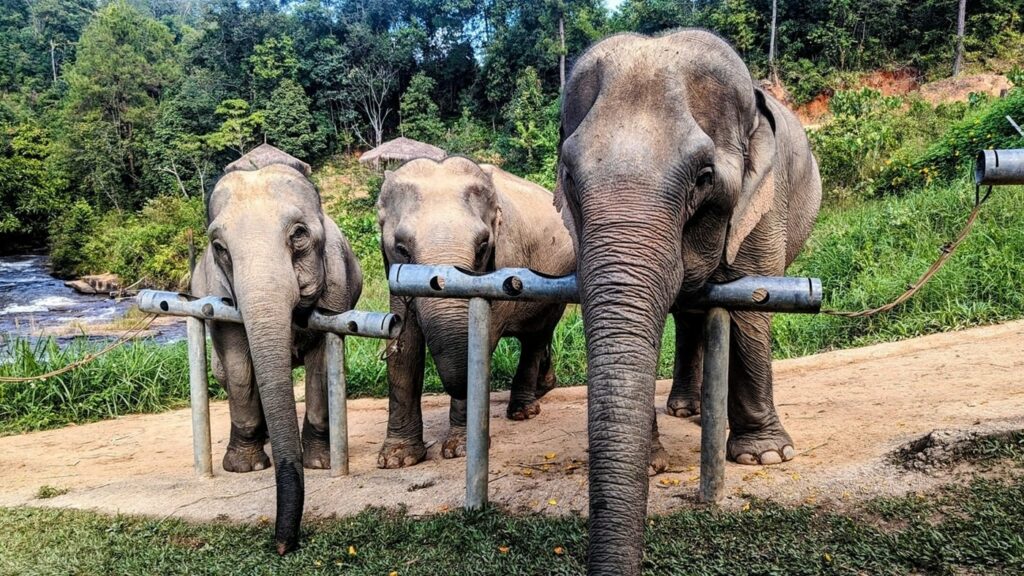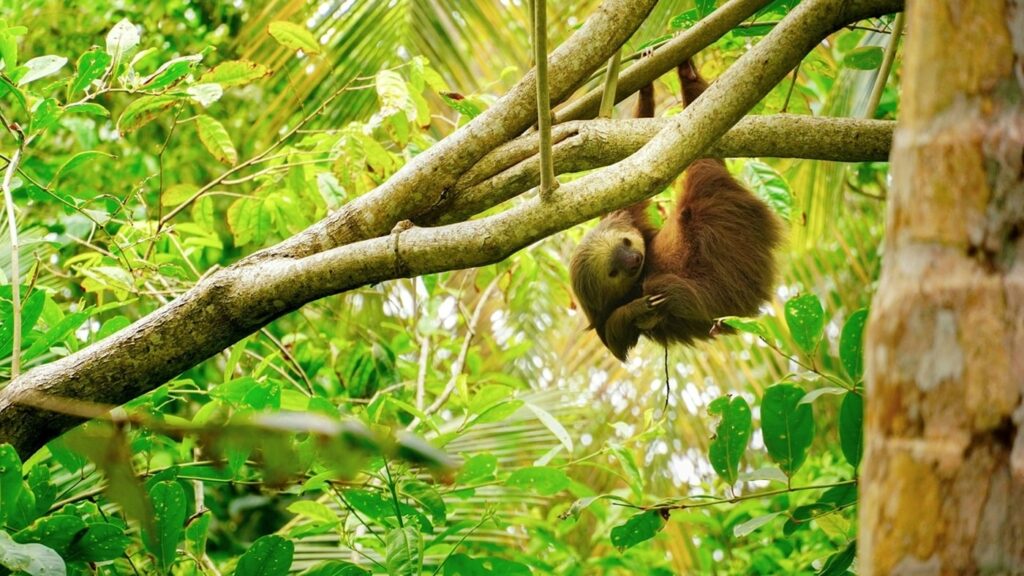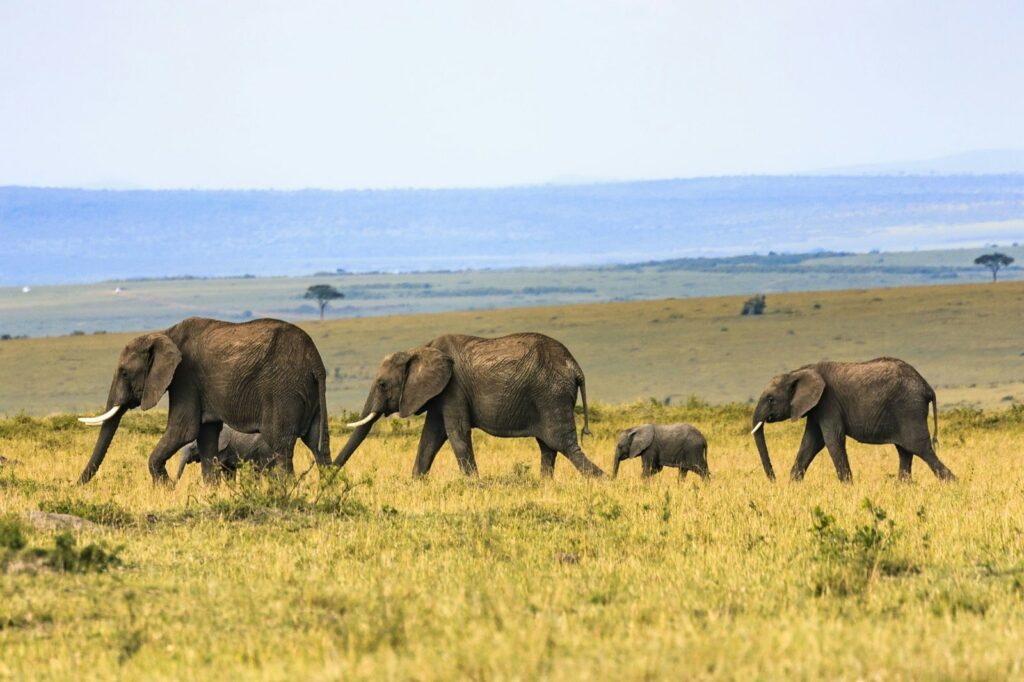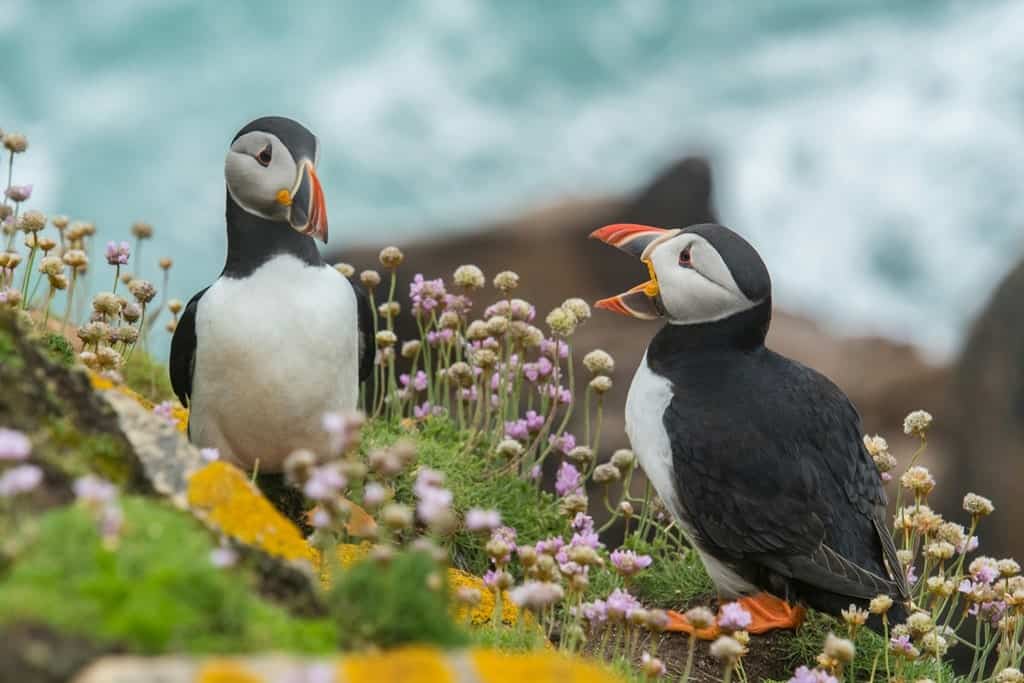Animal Welfare & Wildlife Policy

By making ethical choices in our travel experiences, we can inspire others to do the same and work towards a more compassionate future for all beings.

At Veggies Abroad, we travel with care — choosing animal-friendly experiences and responsible practices that leave a positive impact.
We believe the most magical wildlife encounters are wild. That’s why our promise is simple: we look, we learn, and we leave them in peace. Our animal welfare policy, shaped by the World Animal Protection Organization, keeps us grounded in that promise, on every journey.
Animal Activities You Won’t Find on Our Itineraries

The Use of Domesticated Animals
We love animals too much to put them to work. That’s why we skip activities involving horses, donkeys, ponies, and other domesticated animals.
Five Domains of Animal Welfare
When choosing activities that involve animals, we utilized World Animal Protection’s animal welfare template and the Five Domains of Animal Welfare to determine if an activity is unethical. These Domains include:
The Animal’s Nutrition Needs and Access
Does the animal have unrestricted daily access to appropriate food and clean drinking water?
The Animal’s Environment
Does the animal have access to shelter and an environment that meets their species-specific needs? Can they seek privacy?
The Animal’s Health
Does the animal exhibit good health and fitness level?
The Animal’s Behavior
Can the animal move and exercise freely and maintain sufficient distance from other animals in case of conflict?
The Animal’s Mental State
Does the animal display positive states, such as pleasure and comfort, as opposed to negative states, such as fear, hunger, or boredom?
Additional Animal-Friendly Travel Help
If you’re not booking travel with Veggies Abroad, we encourage you to book with a company that has taken a wildlife-friendly travel pledge. Look for accredited wildlife sanctuaries or ones endorsed by animal welfare organizations, as well as companies that publicly share responsible travel policies.
Also, check out our upcoming wildlife-friendly tours:
Best of Thailand Vegan Tour
Vegan Tour through Ecuador & The Galapagos




